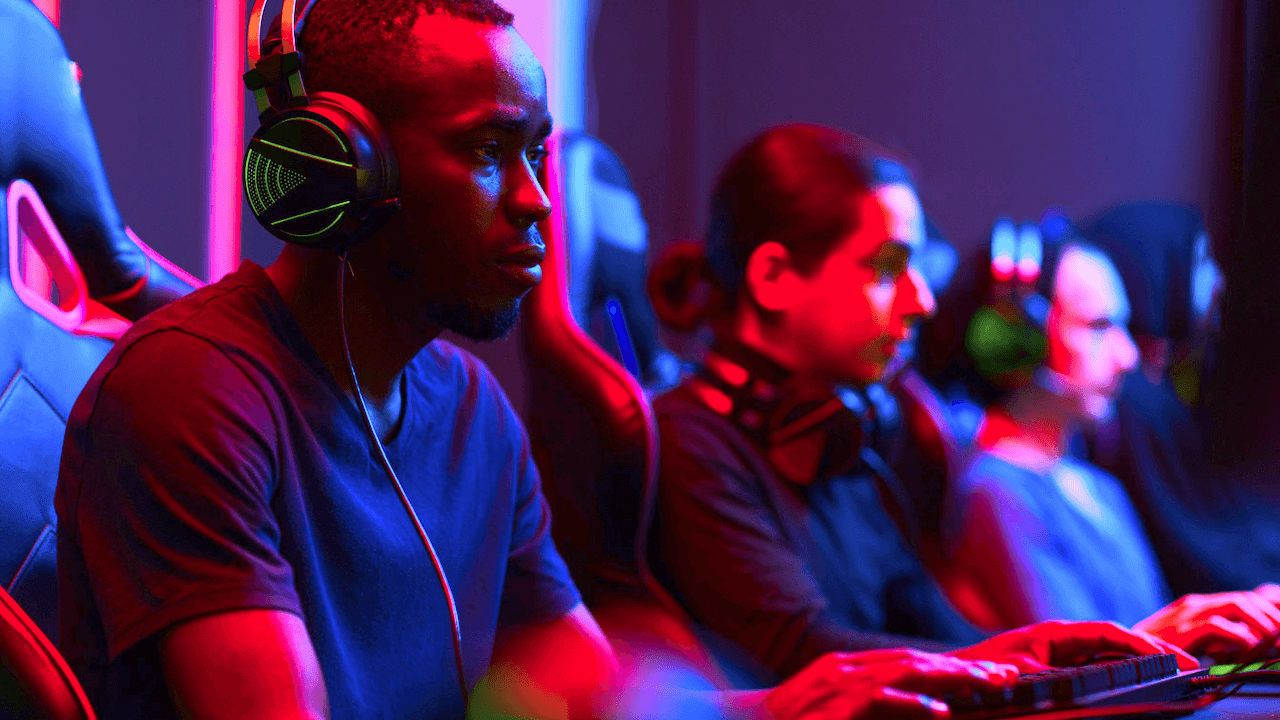Fitness and Healthy Living in the Age of Technology
Fitness and healthy living are integral parts of life; however, maintaining these goals requires dedication. Technology offers people a way to remain physically fit while making workouts more fun and efficient.
Wearable health technologies, like fitness trackers, have had a tremendously significant impact on the fitness industry. These devices use behavior modification techniques such as goal setting, motivation and feedback.
Wearable health technology
Wearable technology offers potential health and wellness advantages – be it fitness trackers, smartwatches or clothing with built-in sensors such as shirts or socks with built-in sensors – but how exactly can it help us?
Sleep monitoring enables you to identify any irregularities related to your sleeping patterns, while heart rate monitoring helps identify the optimal exercise intensity necessary to reach fitness goals.
Many wearable devices feature behavior reminders designed to support healthier habits like water consumption and maintaining a nutritious diet. They can also assist in creating and adhering to a fitness schedule tailored specifically to your needs and abilities, with research showing they may reduce health crises by alerting doctors about potentially life-threatening changes that may arise in real time.
Smart home gym equipment
Home gym equipment like weight machines and ellipticals can save on monthly gym membership fees while helping keep your workout regimen on track even while traveling. Plus, with access to on-demand training classes such as spinning and lifting classes available 24/7 – no one will ever miss their favorite spinning or lifting class again.
Smart home gym equipment such as the Peloton Guide has quickly gained in popularity due to its affordability and accessibility; however, key aspects of its functionality require subscription payments that could render the device useless if cancelled prematurely.
Tonal smart home gym models provide more flexible solutions. Their extendable electromagnetic arms can deliver up to 200 pounds of resistance, and replace multiple pieces of equipment such as dumbbell bars or functional trainers.
Mind-body fitness
Mind-body fitness is an alternative form of exercise that combines body postures, breathing techniques, meditation or relaxation techniques into one holistic exercise regimen. It can help improve physical health in general and is particularly helpful for cancer patients suffering fatigue.
Recent research conducted at the University of Pennsylvania demonstrated how virtual mindfulness and meditation programs could reduce fatigue while improving mental well-being among cancer patients. Their team published the findings in Psychosomatic Medicine journal.
Mind-body exercises encompass various exercise formats, such as yoga, Pilates, step aerobics and martial arts such as tai chi, karate and judo. To truly understand what constitutes mind-body practices it’s crucial to understand what defines them – this varies between professionals; most importantly it should include cognitive components within its exercise regime.
Gamified fitness
Gamification of fitness exploits people’s desires for socialization, learning, mastery competition and achievement by making exercise more engaging. Younger tech-savvy generations in particular appreciate this approach that can be found in fitness apps and interactive devices such as pedometers that let users challenge each other weekly in walking competitions, fitness video games such as PlayStation or Nintendo consoles and Zwift app which transforms at-home spin classes into games.
EGYM wellness platform uses gamification with strength training to engage club operators and members. However, more research must be conducted to understand how gamification affects users. Furthermore, usability improvements for older adults need to take place as this will make their experience of using technology less daunting.
Experience economy
Experiences have become an essential economic offering, helping businesses distinguish themselves from their competition. Experience economy refers to selling memorable experiences to customers; the term was first coined in 1998 by B. Joseph Pine II and James H. Gilmore’s 1998 article which forecasted that millennials would prefer engaging in-person and digital experiences over products.
Peloton offers virtual fitness classes and equipment that can be used at home, but the company also provides social interaction through group workout sessions with leaderboard competition. Apple products also incorporate design into the user experience with apps and store designs which enhance it further.











